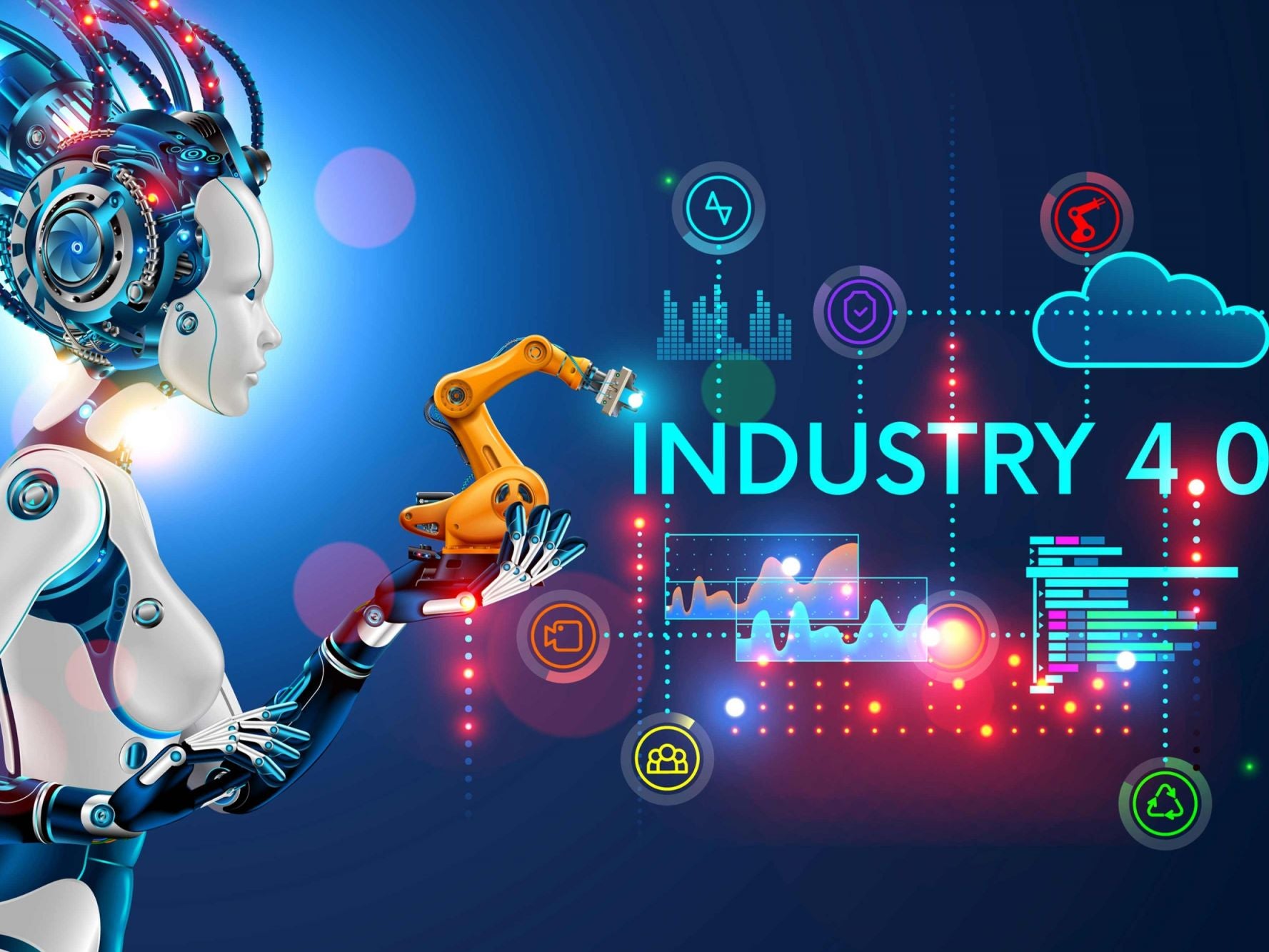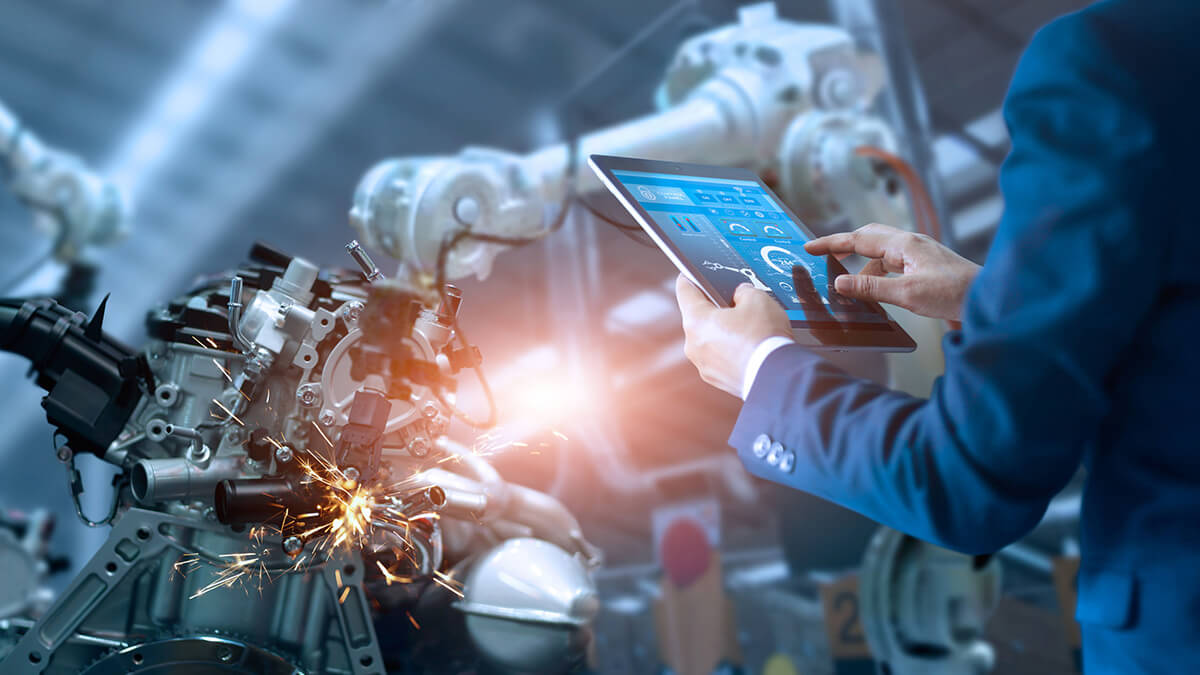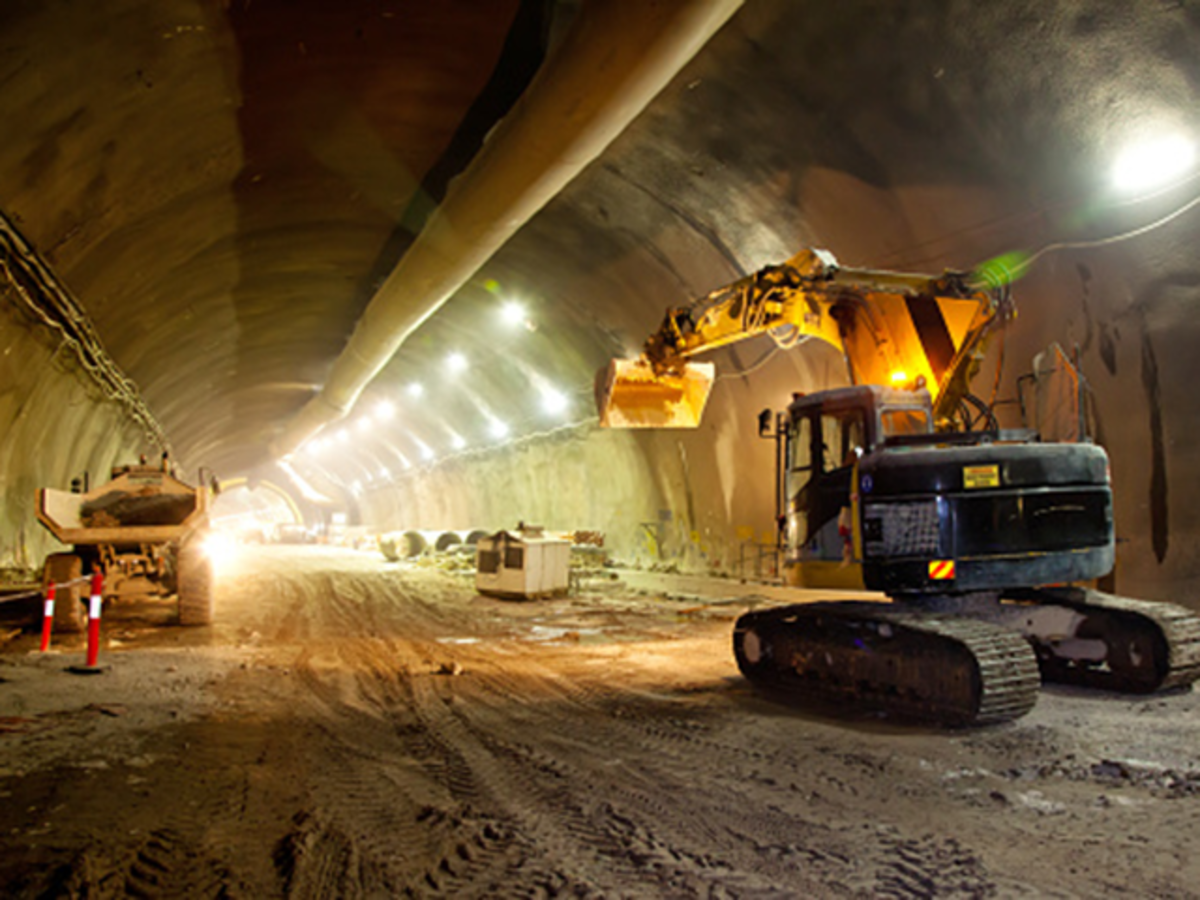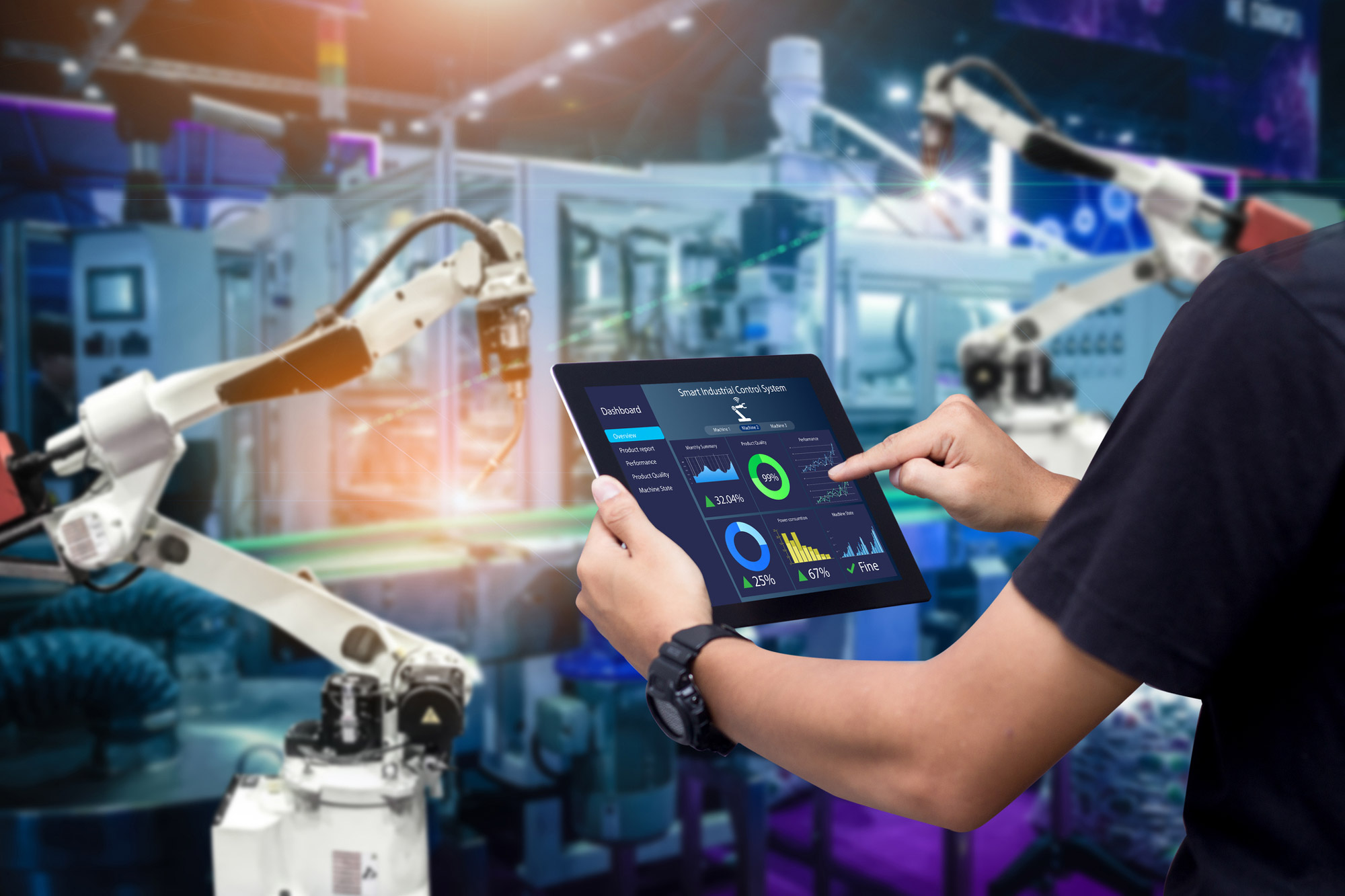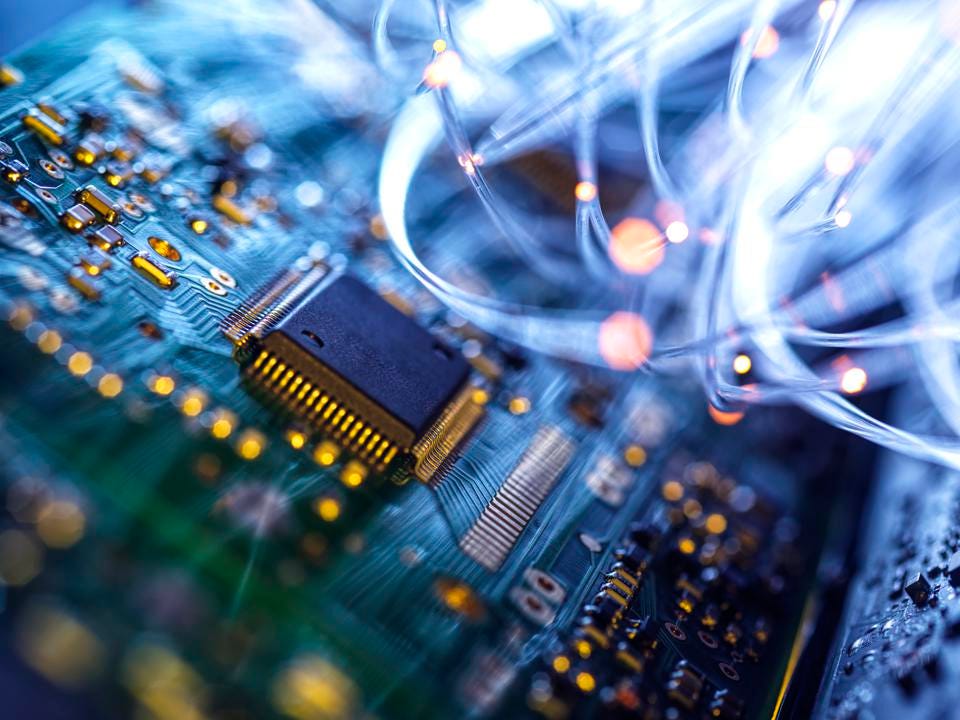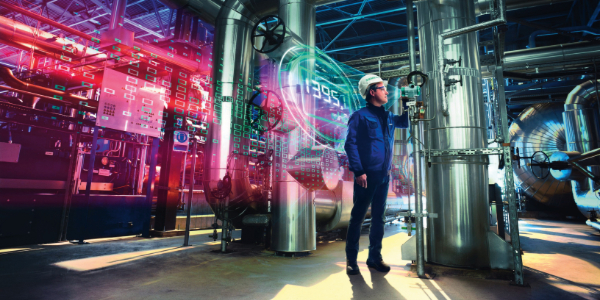Industry 4.0 - Current Perspectives & Future Opportunities
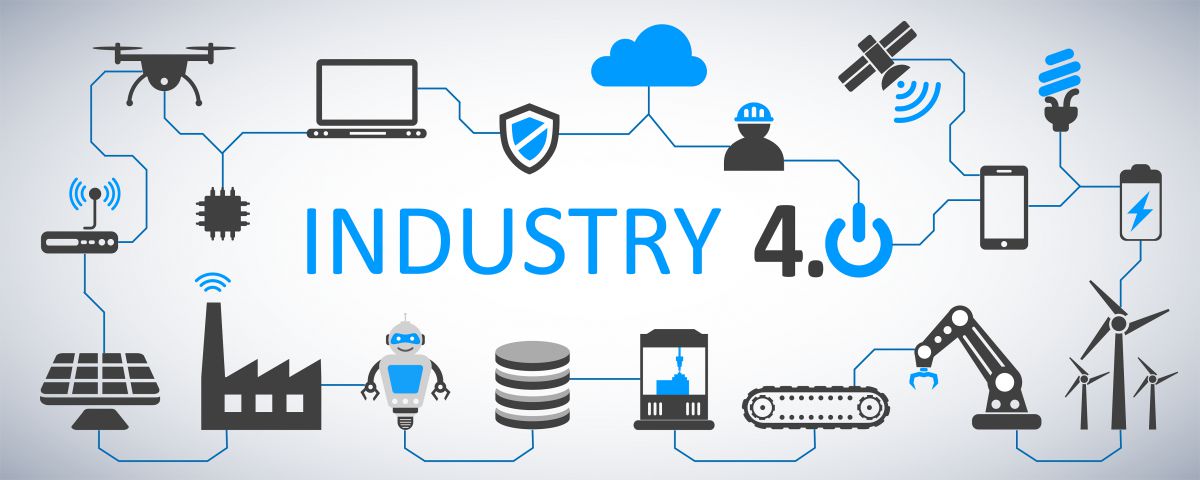
Global industry is rapidly shifting towards implementation of advanced technology in wake of fourth industrial revolution (i.e., Industry 4.0). Industrial sector which comprises of chemicals & materials, automotive & transportation, healthcare, aerospace & defence and information & telecommunication among others are witnessing exponential growth. Technology modernization and disruption is being carried out in many countries which effectively transforms the industrial ecosystem comprising of production, management, and governance. While many organizations may still deny about the impact of Fourth Industrial Revolution on their business, several others are implementing changes and preparing for a future where machine escalating their business smart.
Pukka Partners offer a comprehensive study which is focused on the impact of transition to 4.0 Industrial Revolution. The study emphasises upon providing insights on the anticipated shift in terms of infrastructure, industry ecosystem, operational efficiency and competitiveness. Additionally, the Fourth Industrial Revolution is projected to enhance business operations by incorporating modern technologies, such as, robotics, augmented reality, IOT and artificial intelligent. These technological advancements might be integrated seamlessly in the entire value chain to support operational growth and improvement. The operational changes of Industry 4.0 on certain industries may very well be supported by huge volume of data that provides monitoring and controlling features to the particular operation. To explain simply, Industry 4.0 is revolutionizing the manufacturing business ecosystem by using advanced tools, such as, the Internet of Things (IoT), to connect all the equipment and machineries through internet and allowing them to communicate for command and control purposes. The intelligent network of various systems connected through the internet includes all devices and equipment, such as sensors, smartphones, and wearable computers, among others which are located across different network.
Internet of Things (IoT) acts as a key component for the digitisation of manufacturing process and related value chain. IoT helps in establishing a digital network among all the participant nodes of the industrial value chain, which is also known as a ‘digitally-networked society’. The importance of digitisation for various businesses is such that the growth strategies and operational efficiencies are dependent on it. Effective implementation of strategies is one of the key benefits offered by the adoption of a digitally networked industrial space. However, as for the businesses that refuse to adapt to Industry 4.0 or are slow to implement the manufacturing digitisation are prone to competitive disadvantages which might result into them losing a significant amount of market share in terms of sale and revenue. On the other hand, the companies that embrace the technological advancement in terms of digitisation of manufacturing activities may benefit from their investments in terms of growing returns and rising overall productivity.
The favourable government policies for the implementing the Industry 4.0 in India and China provide important message for the developed economies, such as, the US and Germany, that there are other options for their investments that can potentially offer increased agility for their businesses without compromising on the profits and market share in the process. Further these countries offer unique advantage in terms of available skilled manpower and low operational costs. To name a few of the notable government policies that support Industry 4.0 revolution in these countries, the Department of Heavy Industries, Government of India have recently initiated a program to support complete automation of heavy industries under the name of Smart Advanced Manufacturing and Rapid Transformation Hub (SAMARTH). The government intends to offer a decentralised cyber-physical infrastructure to support the "smart factory" which emphasises on providing customized and flexible mass production technologies. On the other hand, China has initiated "Made in China 2025" program, which is designed on the similar lines of Germany’s Industry 4.0 plan. Additionally, China is supporting its own intelligent manufacturing infrastructure by promoting “Internet Plus” strategy which is aimed at empowering every manufacturing industry in the country with digital connectivity through the internet.
Developed economies, such as, the US, Germany and France are focused on creating a pre-competitive platforms for cooperation in driving the Industry 4.0 goals, whereas India, along with several other developing nations have slightly different strategy of adoption of smart industry infrastructure and manufacturing digitisation that is aimed at offering products to global markets at low costs.
Although China is emerging as a global leader in manufacturing space, there are several hurdles for the successful implementation of Industry 4.0. China’s major economic strength has been its manufacturing industry for several decades now; however the country has witnessed a sharp decline into the number of employment opportunities in this very segment. According to International Labor Organization and National Bureau of Statistics, China has lost nearly 2% of employment opportunities in the manufacturing sector, which is proving to be a major challenge for the country that is the largest exporter globally. The low employment opportunities mean the country is lacking core talents to undertake industry innovations to comply with Industry 4.0. China made efforts to support its drive for industry digitisation however in recent years the incompetent standard systems of industrialization are hurting country’s desire to gain global manufacturing leader position. Depriving quality of air index owing to high level of air pollution in its major cities like Beijing and Shanghai is prompting total shutdowns of manufacturing activities that results into loss of export volume to other regional manufacturing hubs, especially India and Taiwan. Low added value in final products and high consumption of energy are only increasing China’s problems to undertake the industrial revolution goals effectively.
Evident from the decreasing recent trend of foreign investment into China, the country is becoming less attractive for the investments; on the other hand, Chinese companies are increasingly investing into other countries to become global solution providers. More notably, Xiaomi Corporation (China) which is one of the top 3 smartphone producer in the world, has recently launched its seventh manufacturing facility in India. The company can now effectively cater to the demand of local as well as export consumers by producing 3 smartphones every second. Such astonishing rate of production is achieved by industrial automation under Industry 4.0 policies of the Indian government’s “Make in India”.
The report covering Industry 4.0 & related technologies offered by Pukka Partners provide emphasis upon various growth parameters, technological developments undertaken by key industry players as well as start-ups, government policies, and wide range of opportunities offered by digitisation of manufacturing activities across globe. The study demystifies whole area of Industry 4.0 by elaborating the competitive applications in various industrial sectors. Additionally, the effects of COVID-19 and relative factors that propel the industrial adoption of digitisation is also covered in detail within the scope of this study.


